Lasix
✅ Reduces Fluid Retention
✅ Lowers Blood Pressure
✅ Treats Edema Effectively
✅ Improves Urination
✅ Manages Heart Failure
Lasix contains Frusemide.
Product Overview
Lasix is a diuretic medication containing the active ingredient Furosemide. This potent “water pill” is clinically proven to treat edema (fluid retention) associated with congestive heart failure, liver cirrhosis, and kidney disorders. By enhancing renal excretion of sodium and water, Lasix effectively reduces fluid overload. Available in multiple dosage strengths, these oral tablets provide targeted therapy for fluid management.
Therapeutic Applications
Lasix is indicated for:
- Edema management in congestive heart failure, hepatic cirrhosis, and nephrotic syndrome
- Hypertension treatment (as monotherapy or combination therapy)
- Acute pulmonary edema
- Renal impairment-related fluid retention
Its rapid diuretic action alleviates symptoms including peripheral edema, dyspnea, and abdominal distension while helping regulate blood pressure.
Dosage and Administration Guidelines
Standard Protocol:
- Take orally with or without food as prescribed
- Typical dosing: 20-80 mg daily (adjustable based on response)
- Maximum single dose: 600 mg (hospital settings only)
Important Notes:
- Morning administration recommended to prevent nocturia
- Dose titration based on renal function
- Never discontinue abruptly without medical supervision
Mechanism of Action
As a loop diuretic, Lasix exerts its pharmacological effects by:
- Inhibiting the Na-K-2Cl symporter in the ascending limb of Henle’s loop
- Increasing excretion of sodium, chloride, and water
- Promoting diuresis within 60 minutes (oral) or 5 minutes (IV)
- Reducing plasma volume and cardiac preload
Clinical Benefits
| Benefit | Clinical Impact |
|---|---|
| Rapid edema resolution | 2-3 kg weight reduction in 24 hours |
| Blood pressure control | 10-15 mmHg systolic reduction |
| Renal protection | Prevents fluid overload complications |
| Symptom relief | Improves dyspnea and fatigue |
Adverse Effects
Common (≥1%):
- Polyuria (excessive urination)
- Orthostatic hypotension
- Electrolyte depletion (K⁺, Na⁺, Mg²⁺)
Serious (<1%):
- Ototoxicity (with rapid IV administration)
- Severe dehydration
- Allergic dermatitis
Important Precautions
Monitoring Requirements:
- Daily weights
- Serum electrolytes weekly
- Renal function tests
Contraindications:
- Anuria
- Hepatic coma
- Sulfonamide allergy
Special Populations:
- Elderly: Increased risk of dehydration
- Pregnancy: Category C (risk/benefit analysis required)
Storage and Handling
Optimal Conditions:
- Temperature: 20-25°C (68-77°F)
- Protect from moisture and light
- Original container with desiccant
Disposal:
- Follow local pharmaceutical waste guidelines
- Do not flush or pour down drains
Medical Disclaimer
The information provided herein represents comprehensive, evidence-based data reviewed by healthcare professionals. However, this content should not replace personalized medical advice from qualified practitioners. For complete information regarding potential drug interactions, contraindications, and individualized treatment plans, consult your prescribing physician. This material serves educational purposes only and does not constitute medical recommendations.
| Strength | 40 mg |
|---|---|
| Quantity | 30 Tablet/s, 60 Tablet/s, 90 Tablet/s, 180 Tablet/s |
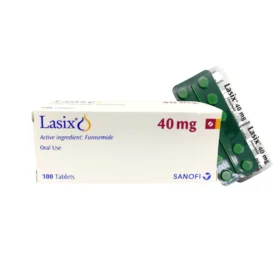 Lasix
Lasix









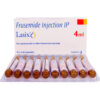

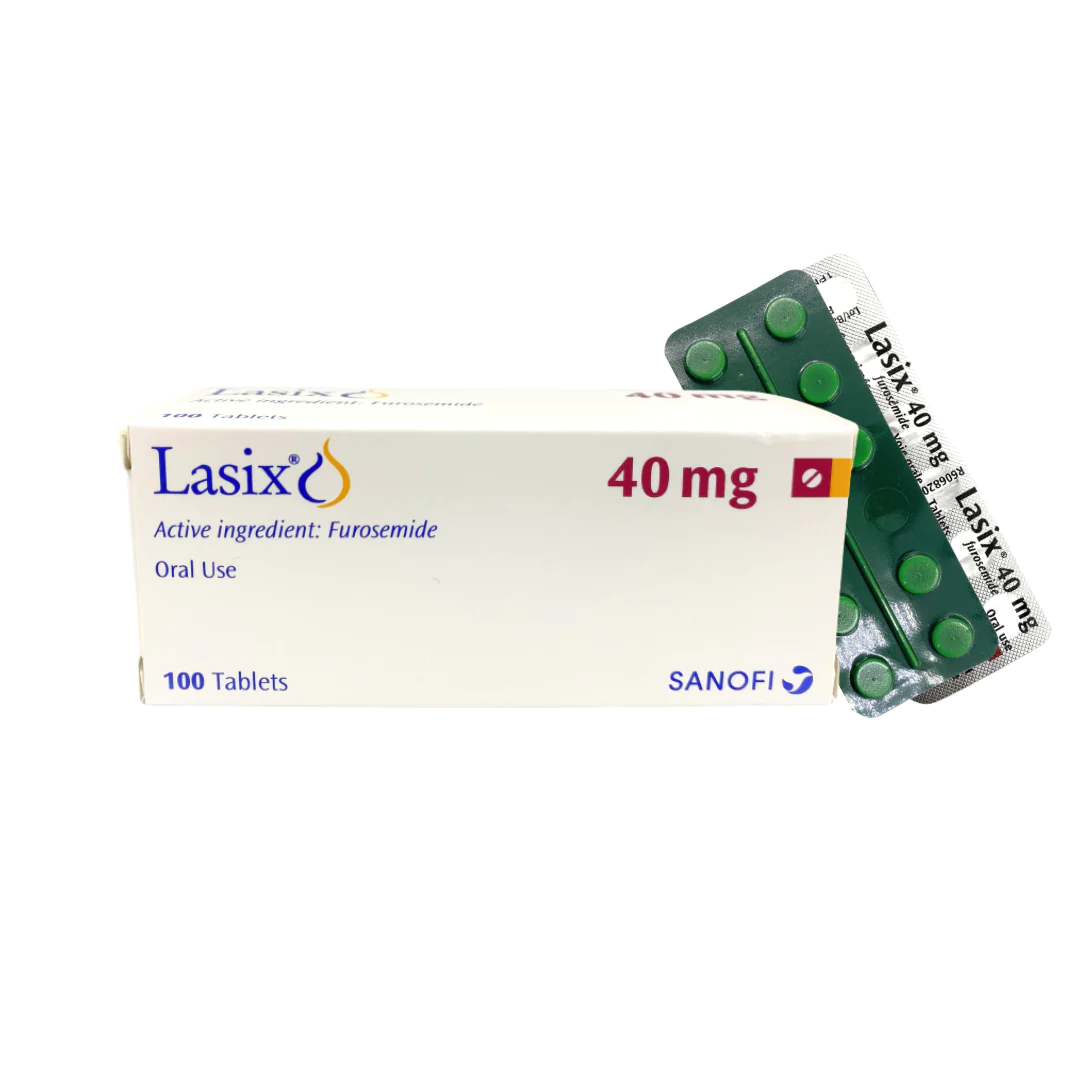
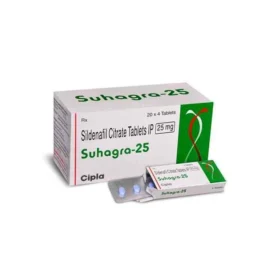
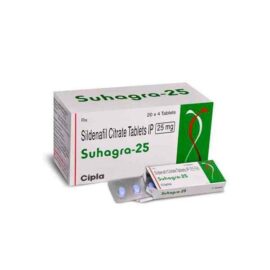
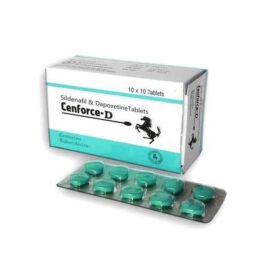
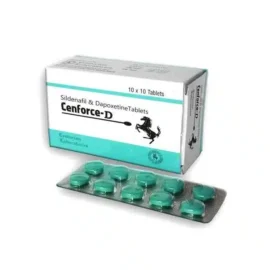
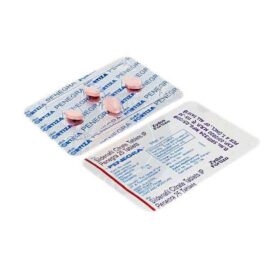
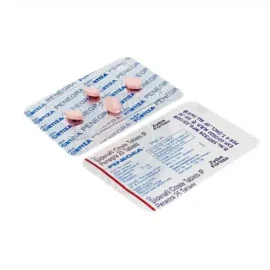
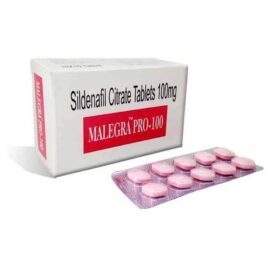

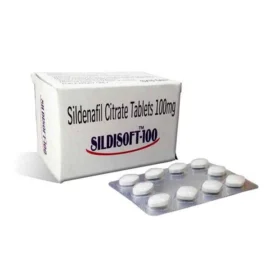
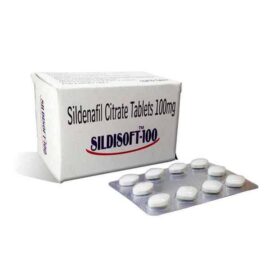
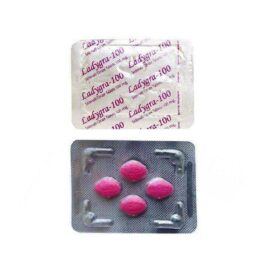
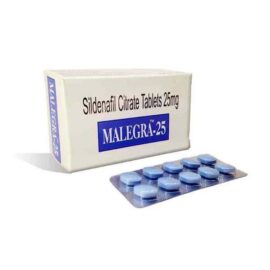
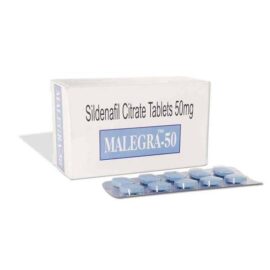
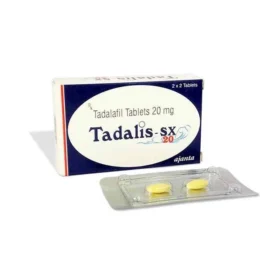
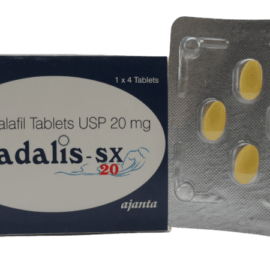
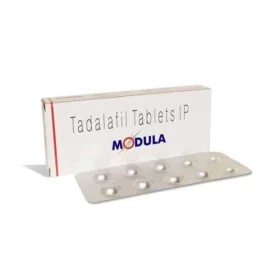
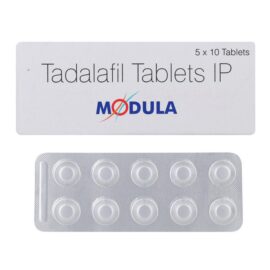
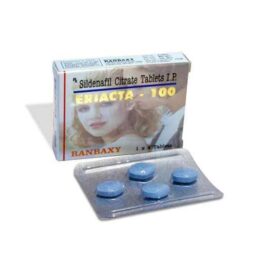
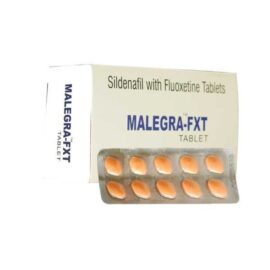
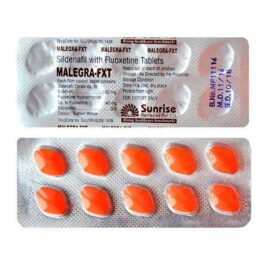

Reviews
There are no reviews yet